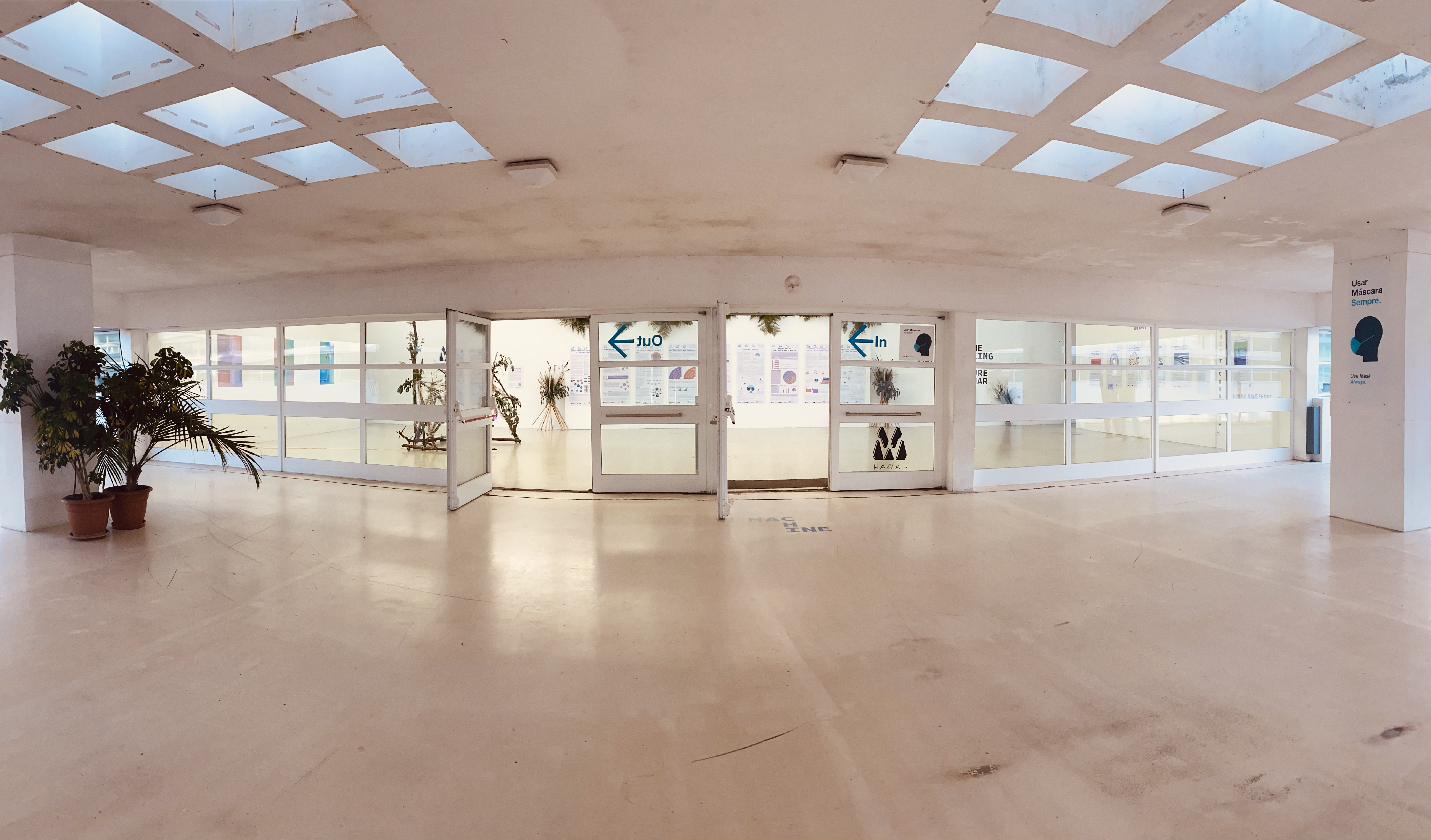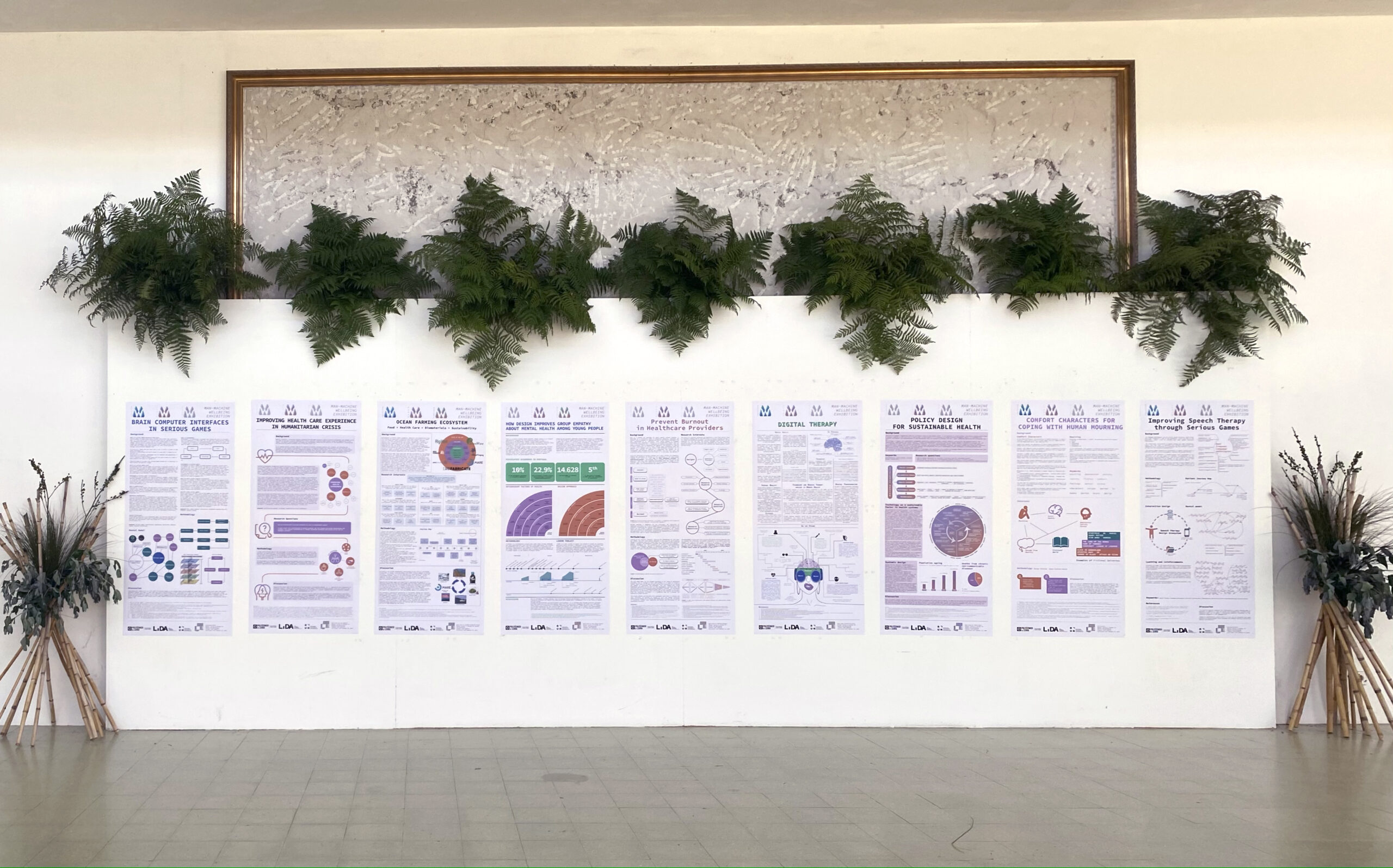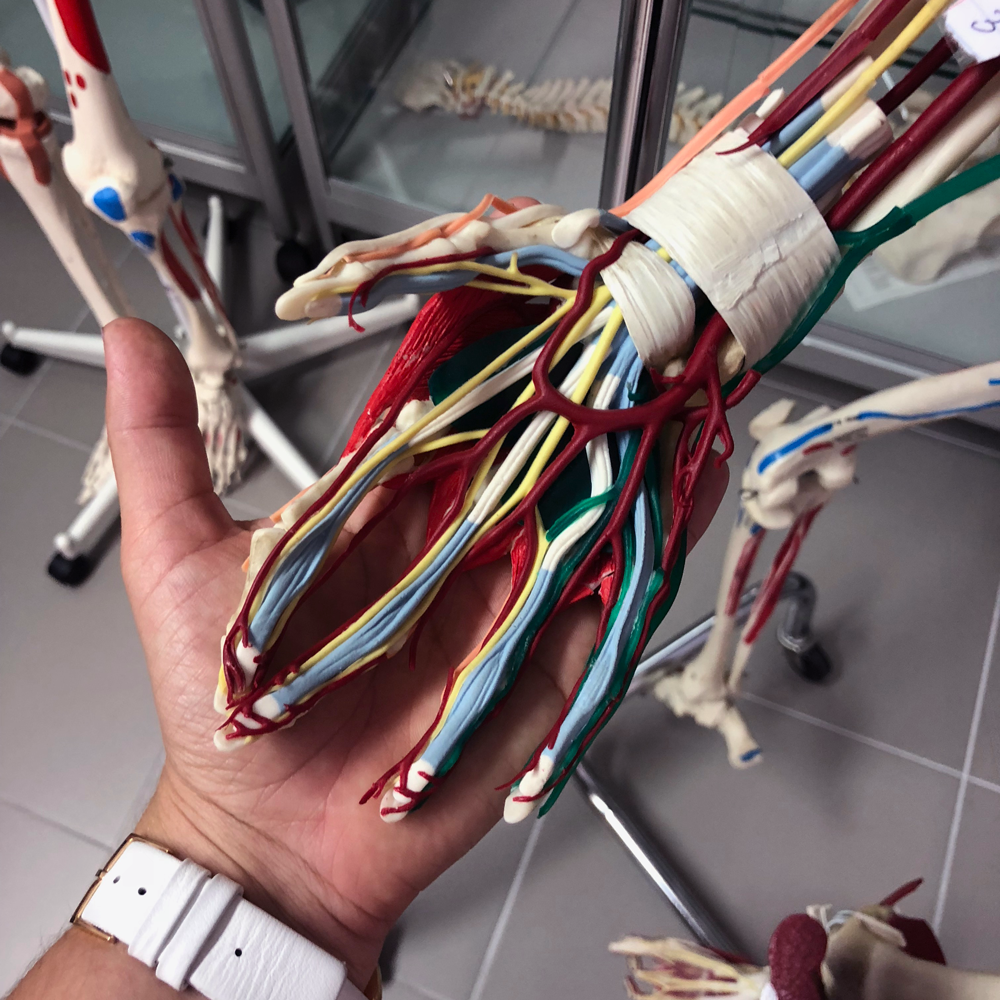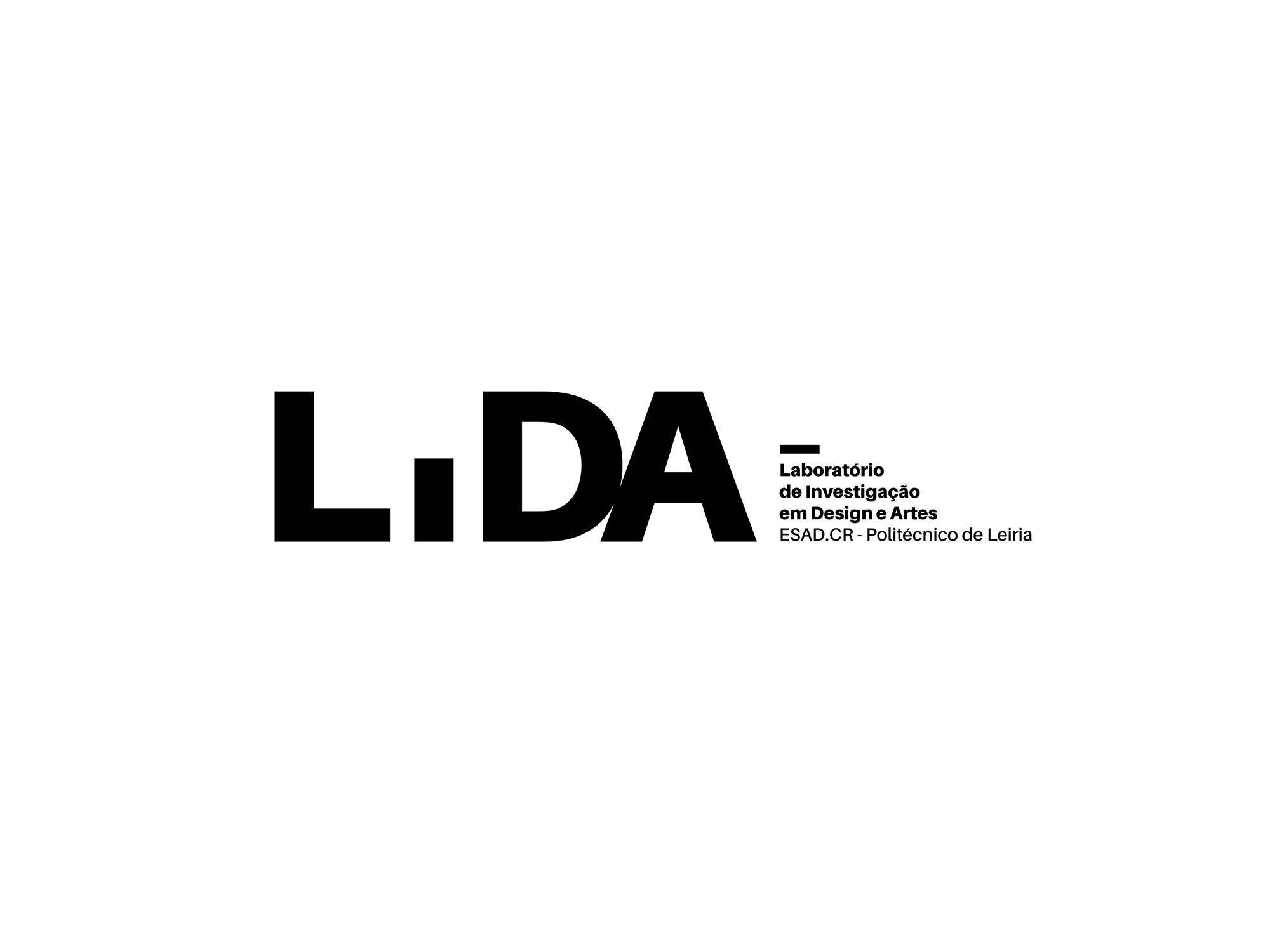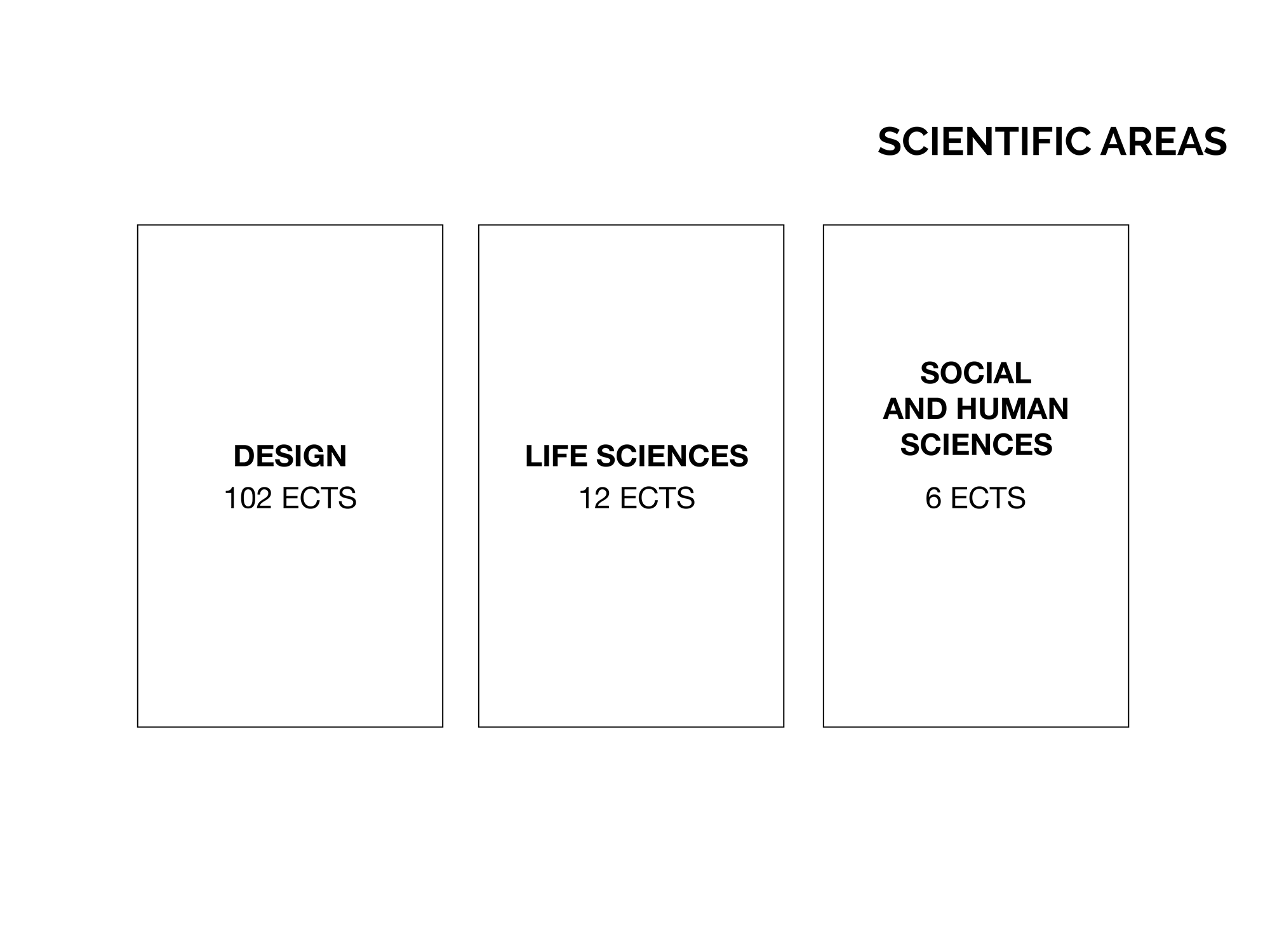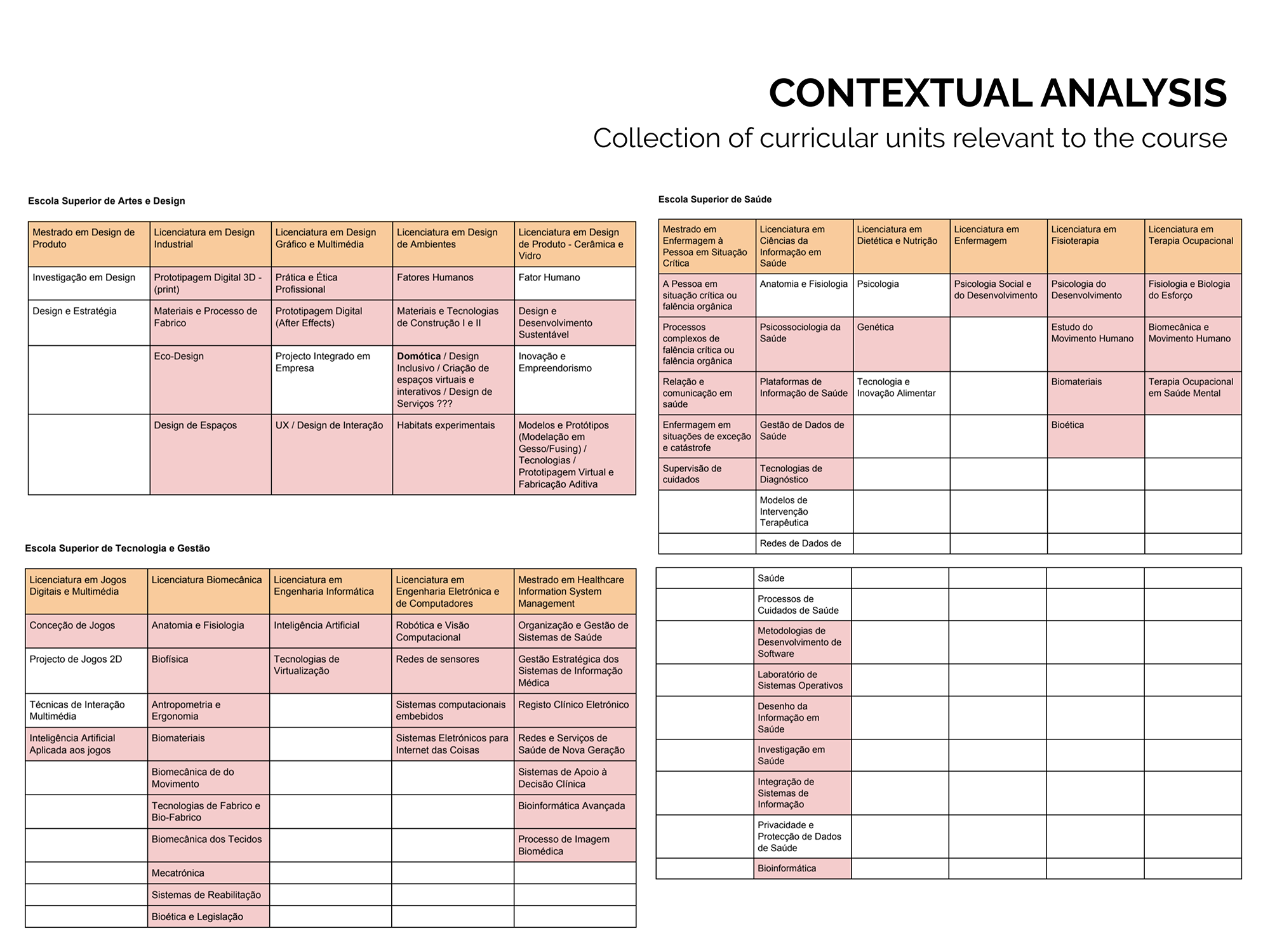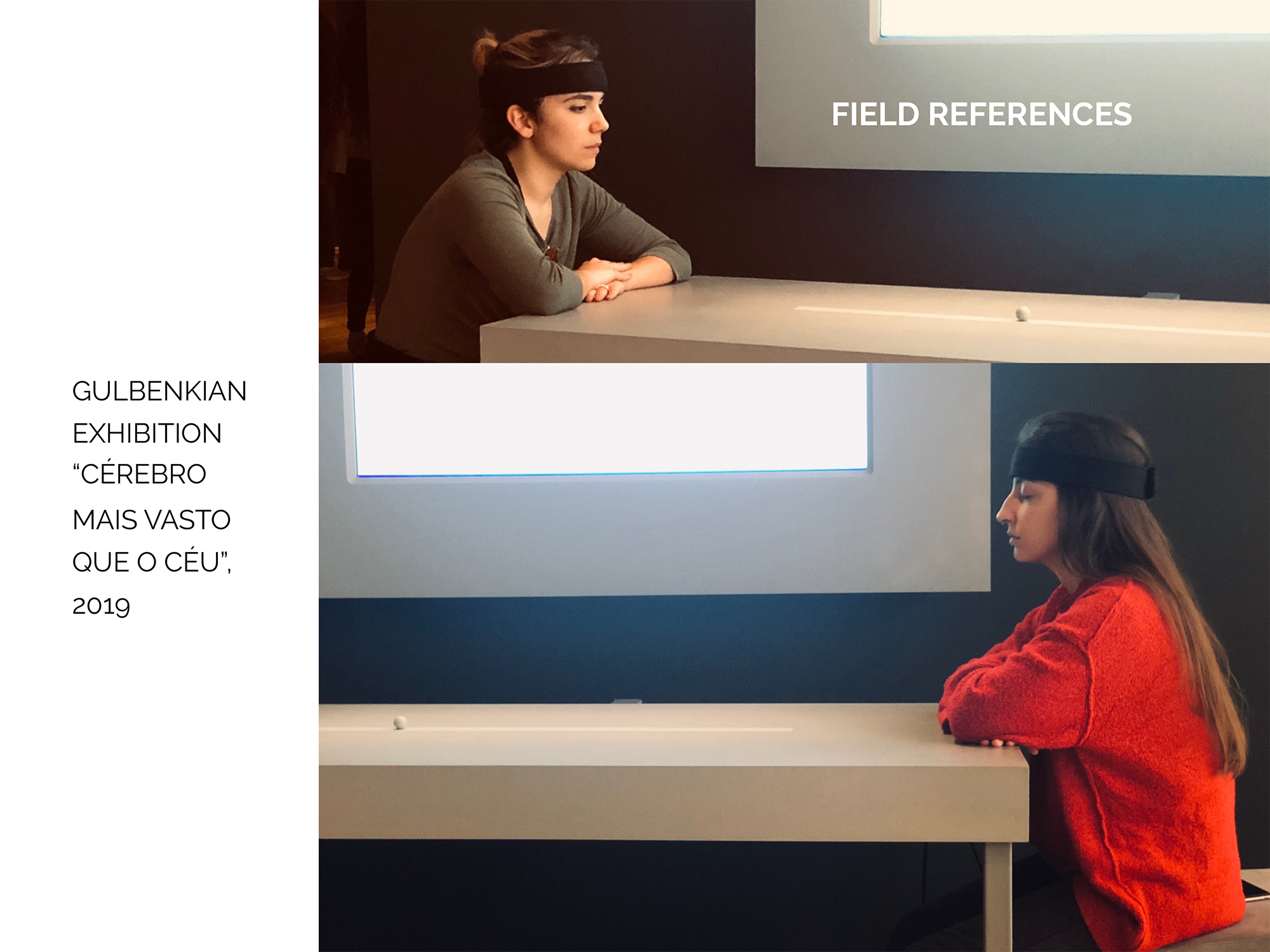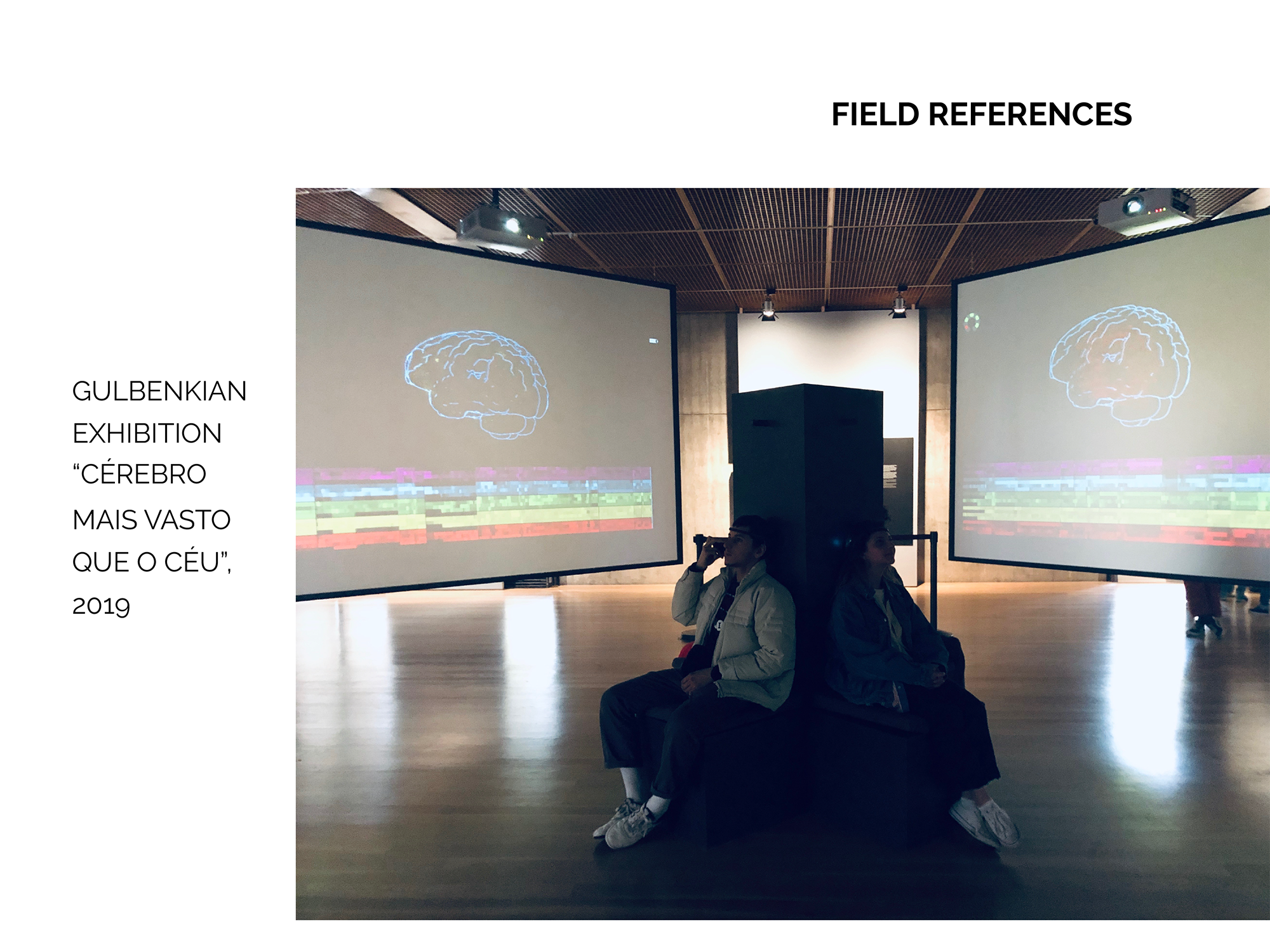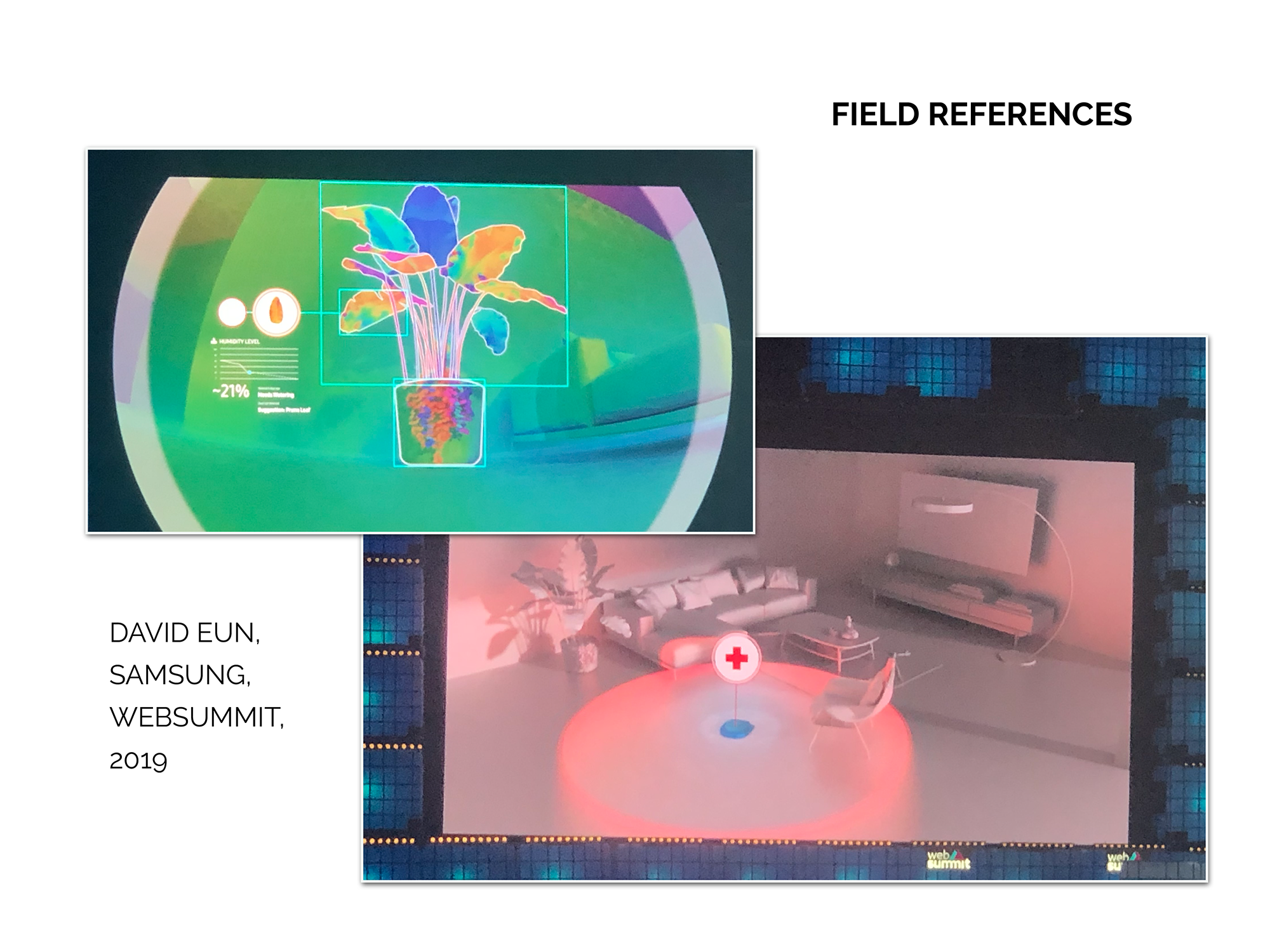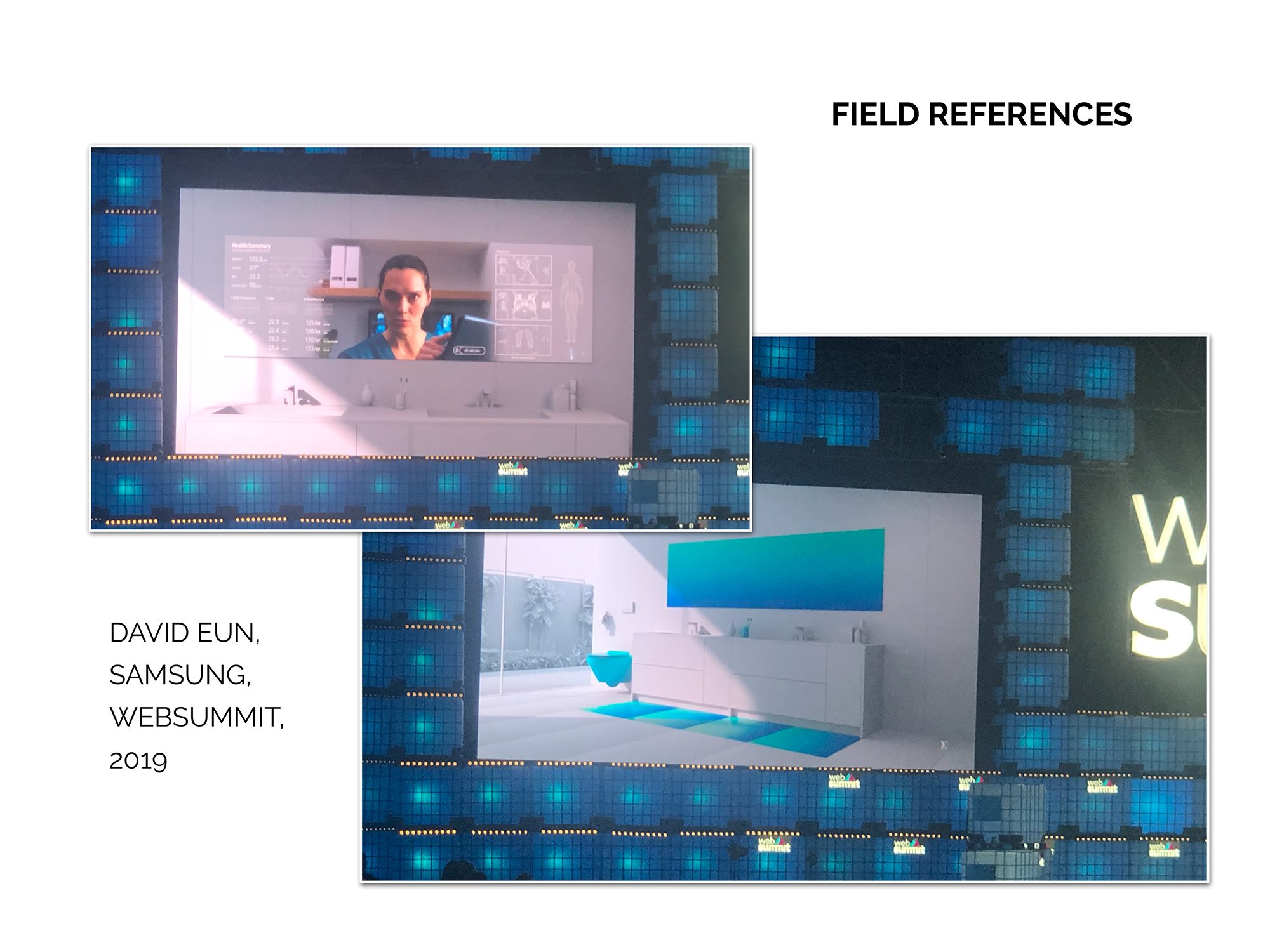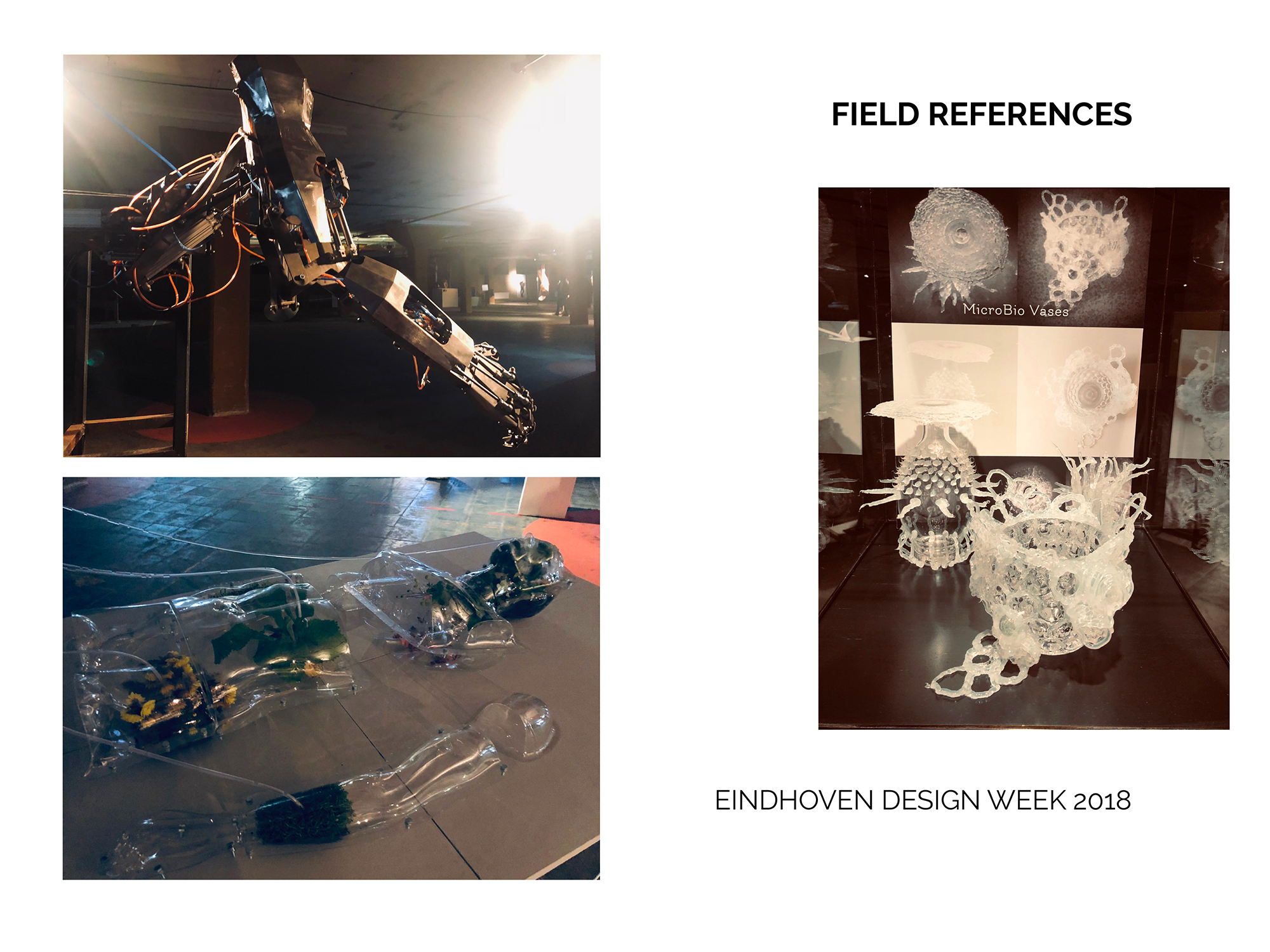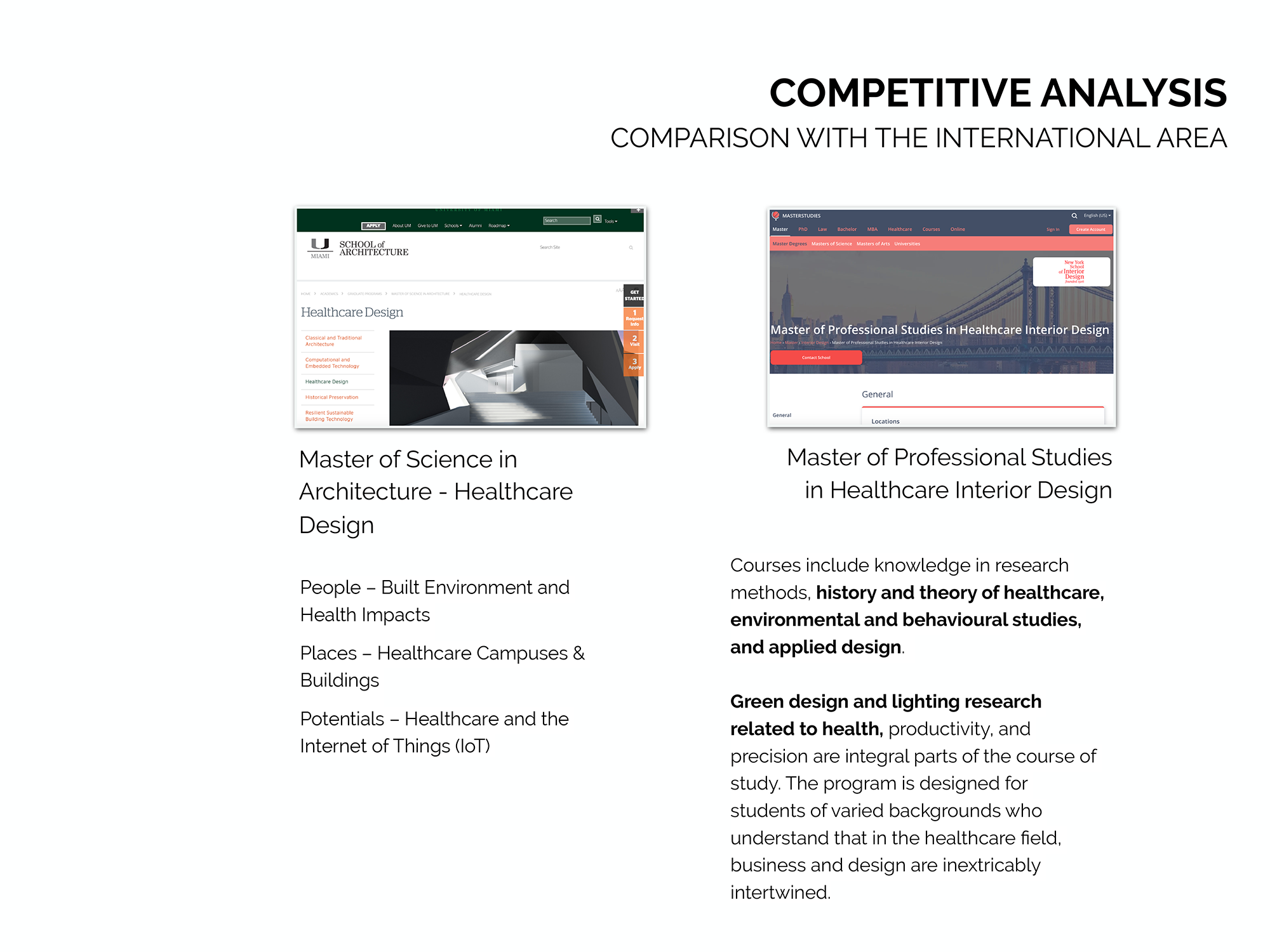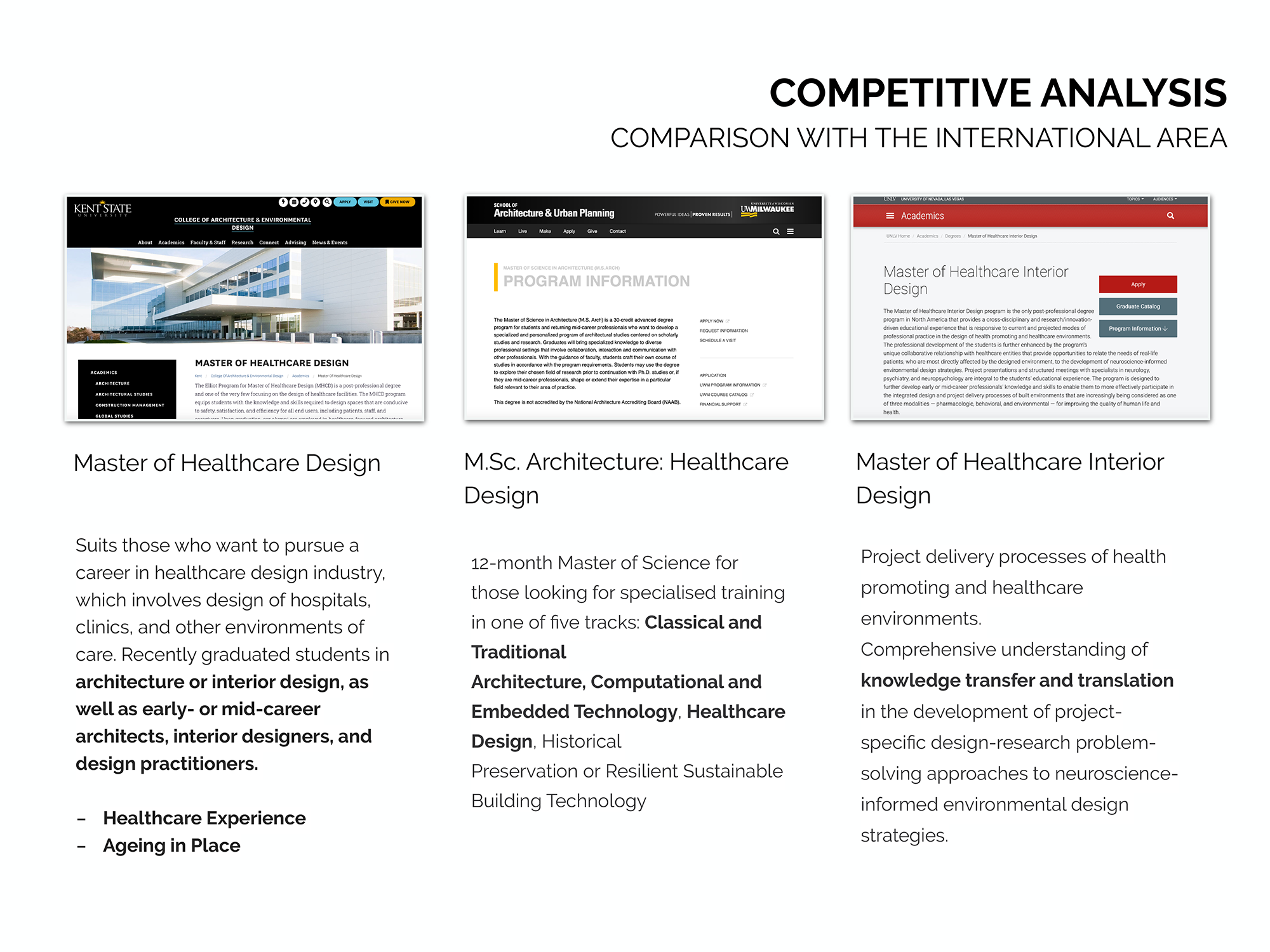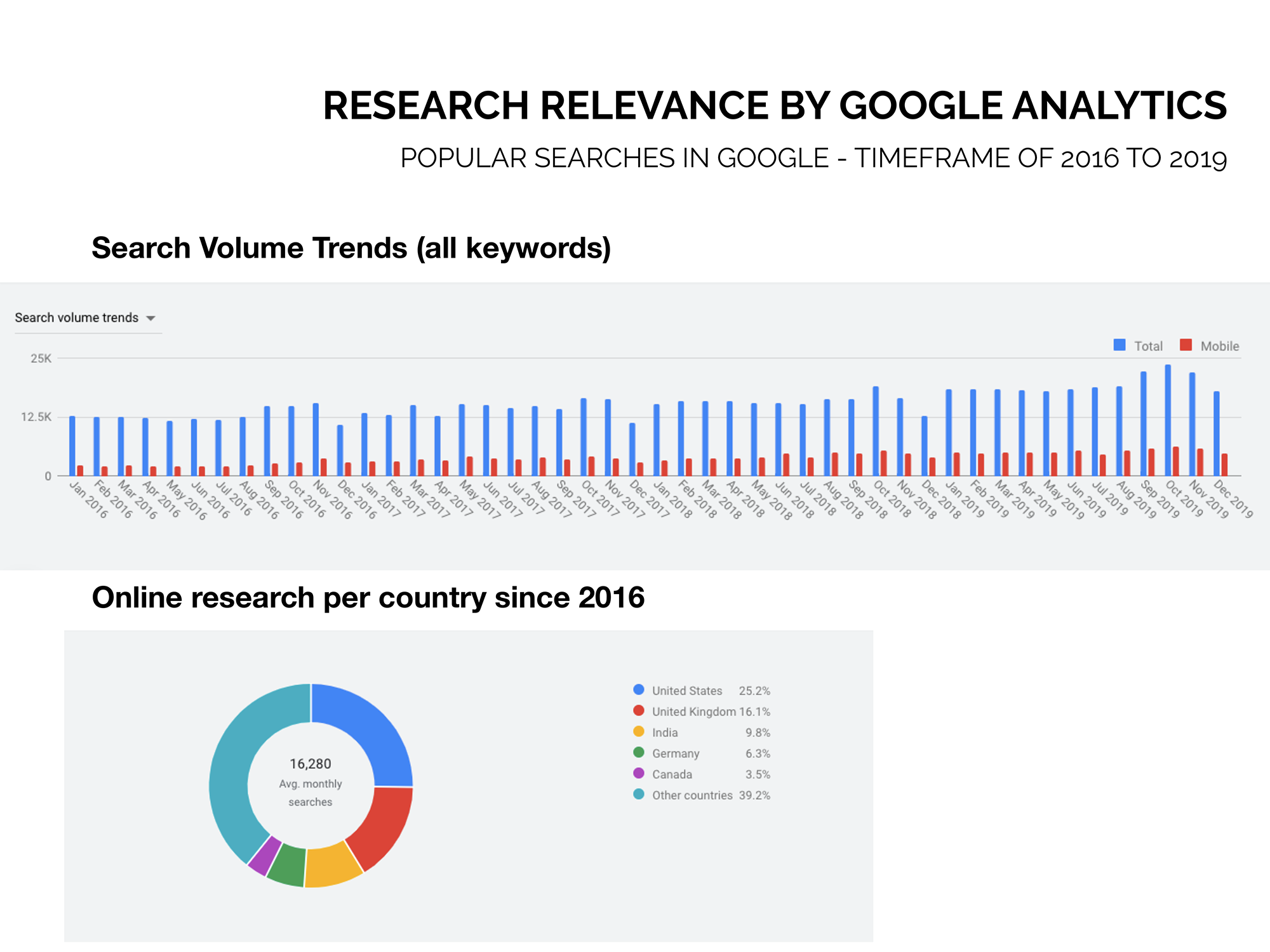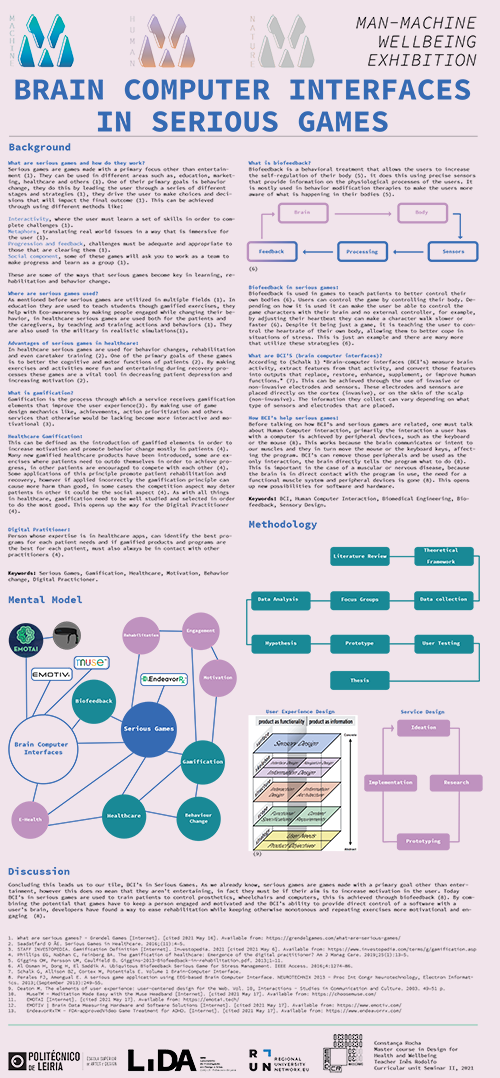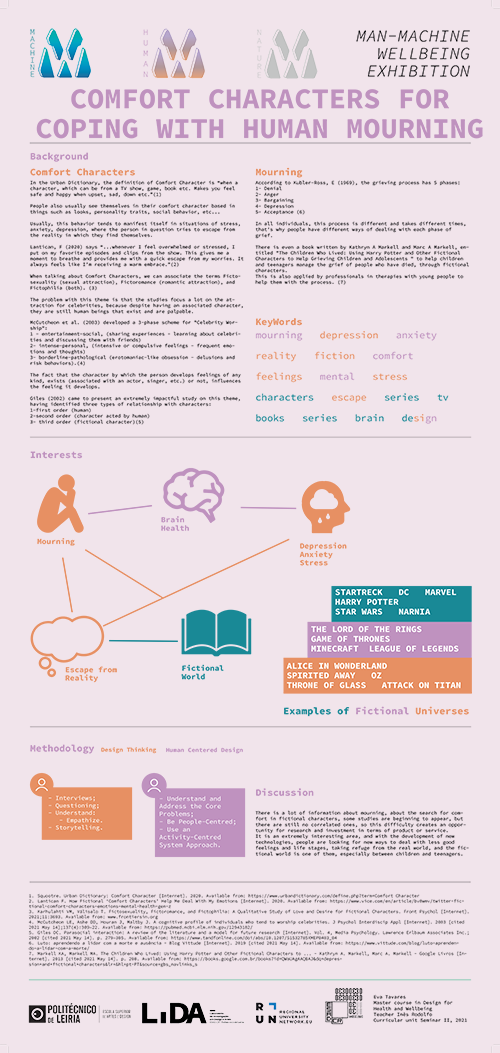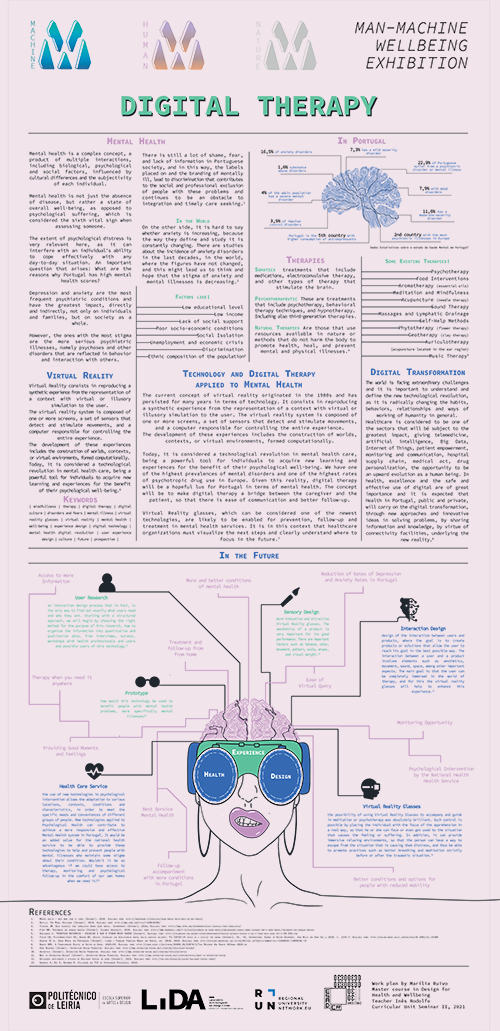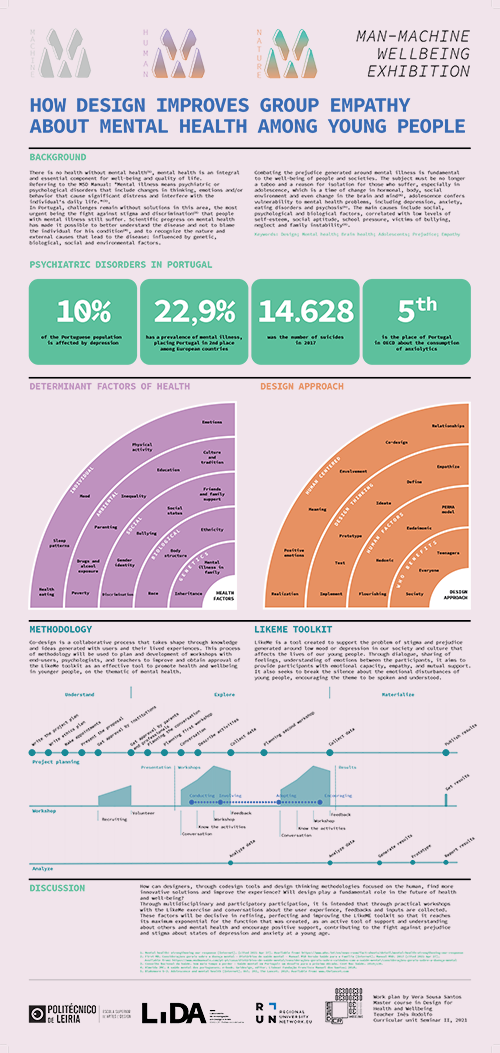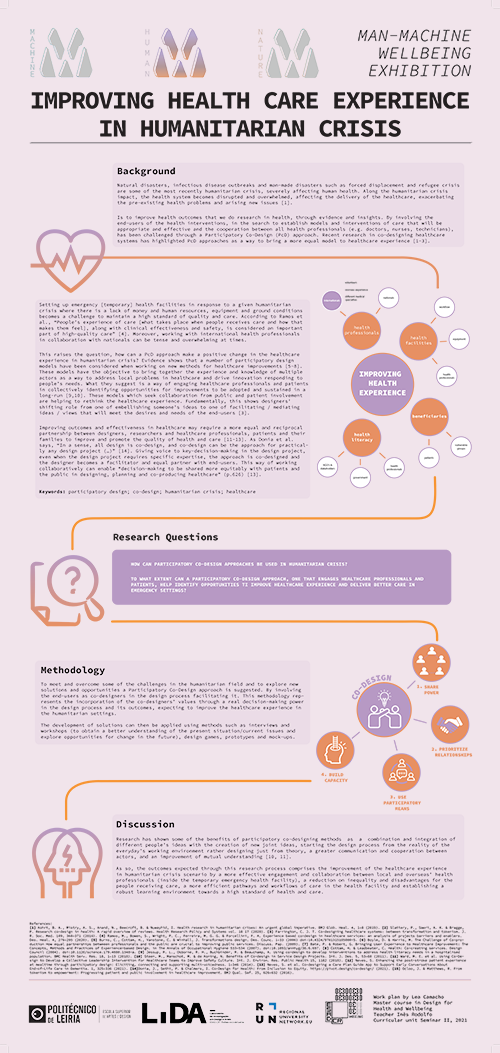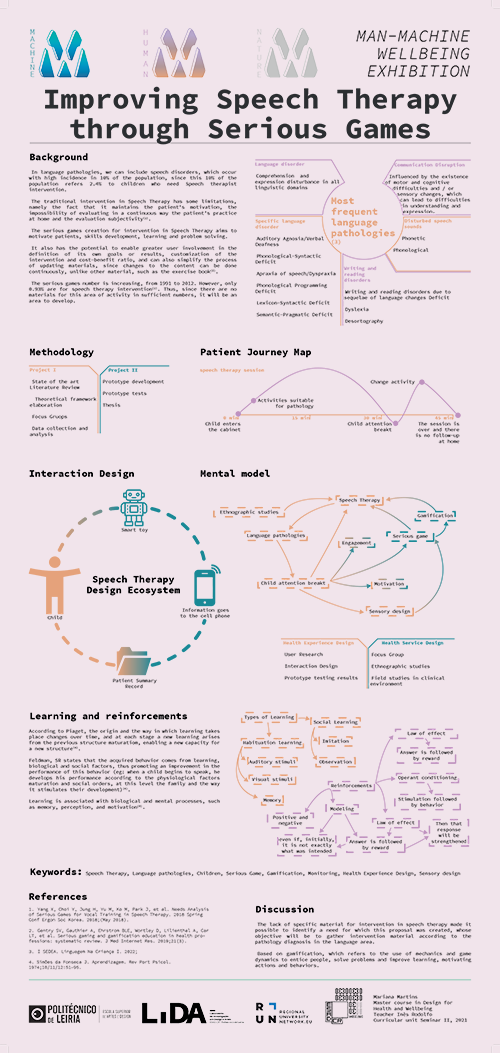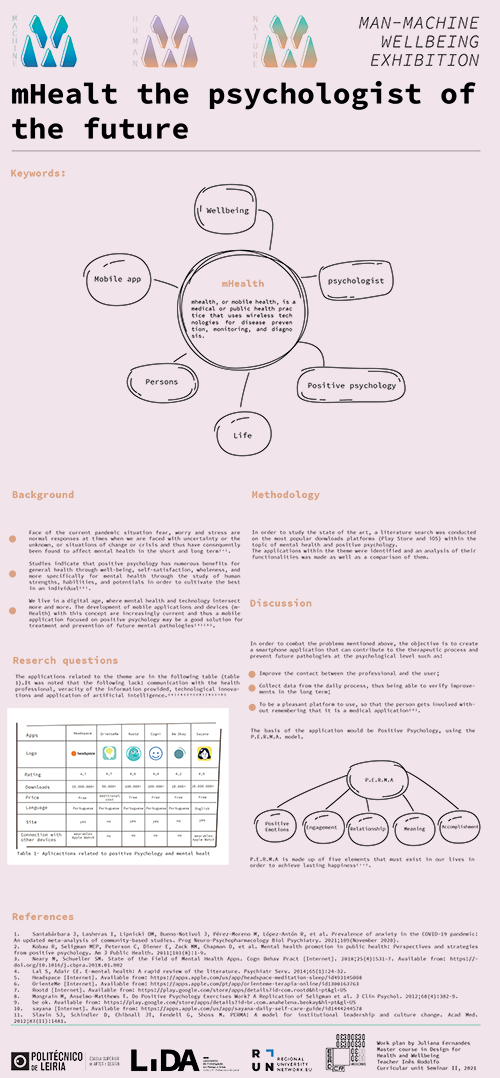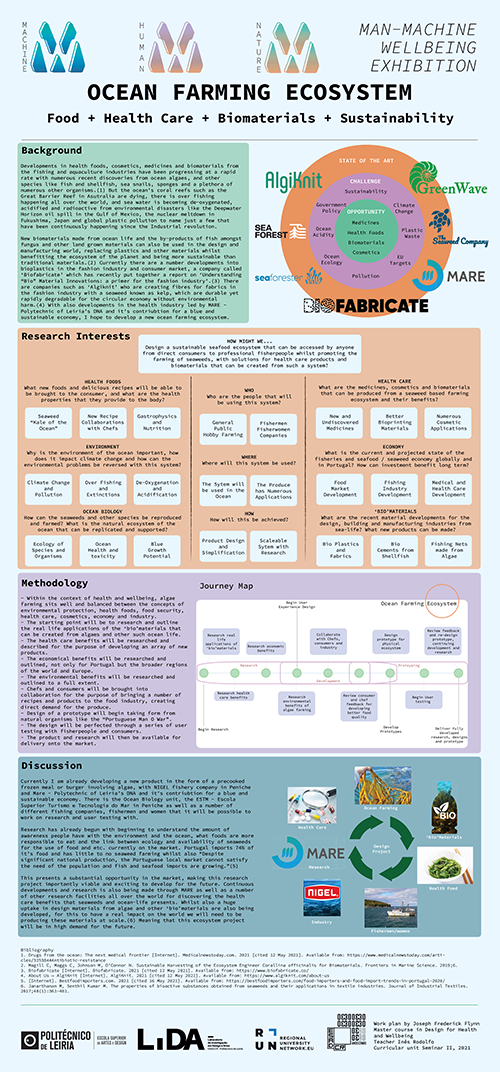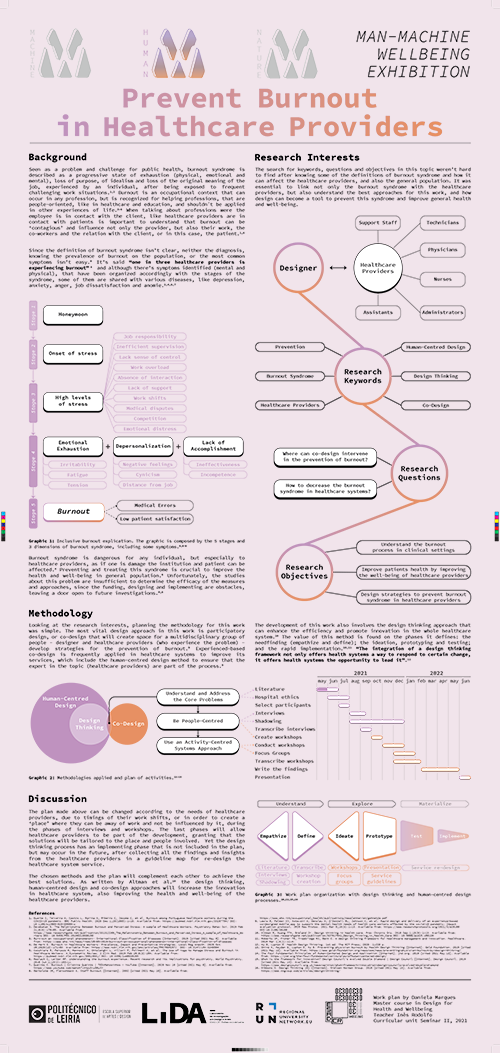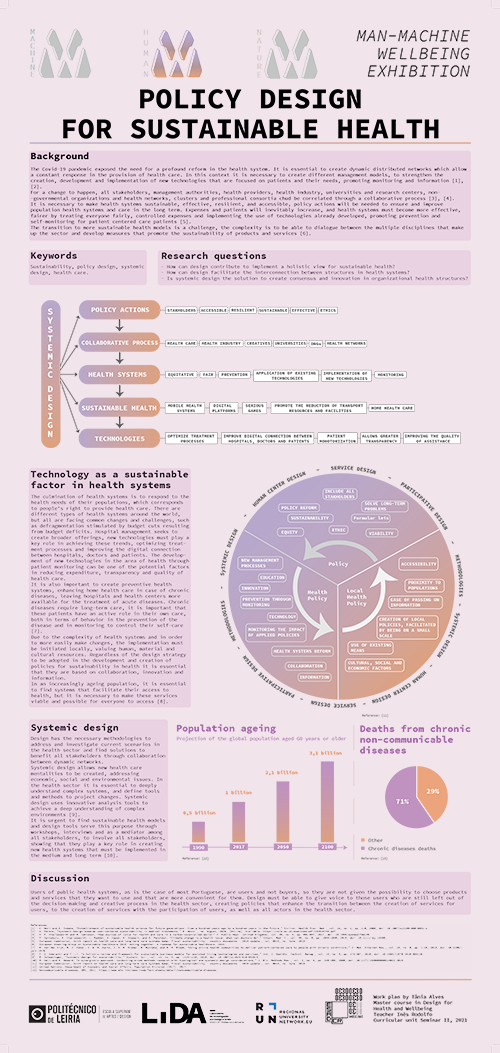DEVELOPMENT OF A NEW MASTER DEGREE PROGRAM
Conception and planning of a program for a new master course in Design for Health and Wellbeing, pioneer in Portugal.
Role & Place: Principal Member of the Submisson Committee at the Superior School of Arts and Design (ESAD.CR), Polytechnic of Leiria.
SCOPE
Design of a pioneering master's degree program in Design for Health and Wellbeing in Portugal. This program was based on the outcomes of my PhD thesis (Rodolfo, 2017) and my curricular path.
I was responsible for designing the curriculum, defining teaching methodologies, and outlining learning outcomes. For that purpose, I provided a multidisciplinary approach that combines knowledge from the fields of communication design, product design, life sciences, and engineering.
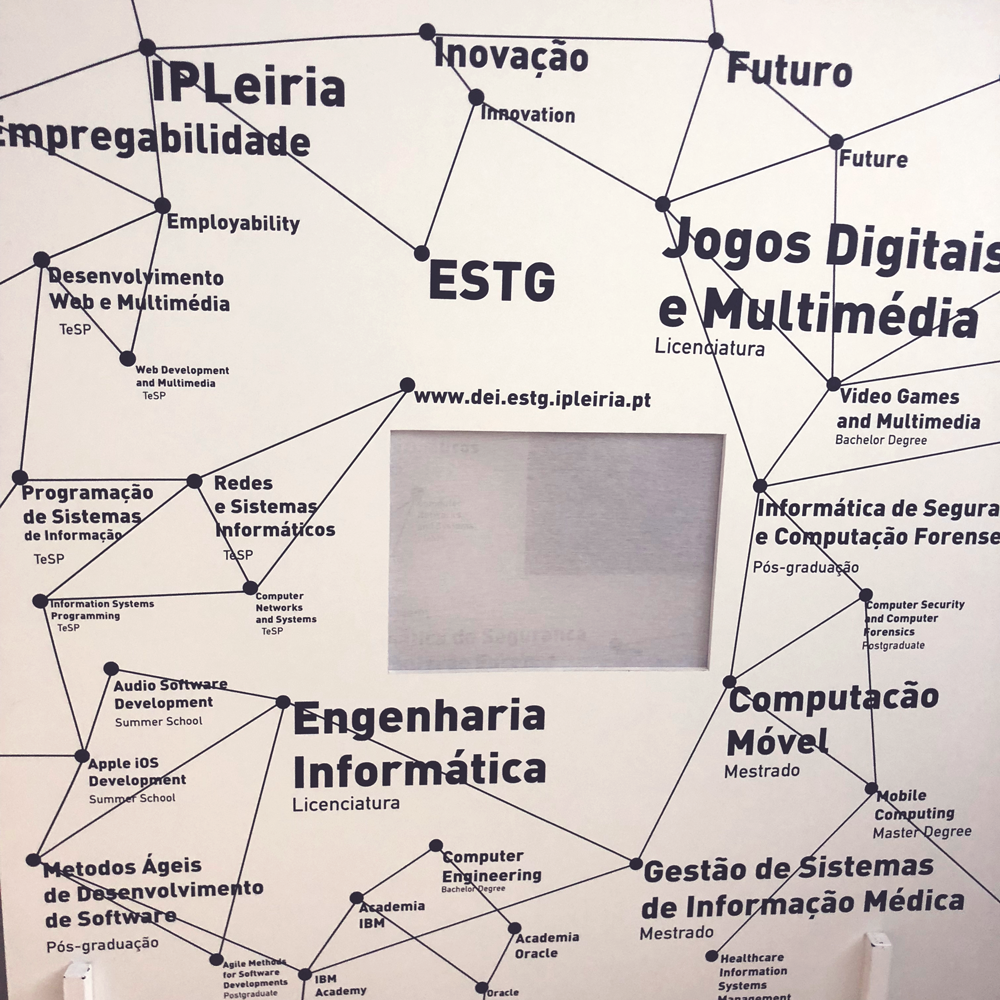
The course prepares students from different backgrounds that relate to health and wellbeing, to acquire knowledge in health experience design for addressing complex data, bridging design in its several subareas (e.g., product design, communication design, multimedia design) with an understanding of the human physiological, neurological and psichological functioning systems, together with the benefits of artificial technological components that may augment the health, wellbeing and overall performance of the human being.
Field studies
To ensure the success of the course, I engaged with several stakeholders from the polytechnic of Leiria ecosystem across different schools, including research labs at the Superior School of Health and the Superior School of Technology and Management. I conducted meeting sessions, contextual inquiries and identified relevant courses from the different schools that could be integrated into the program, creating practical curricular units.
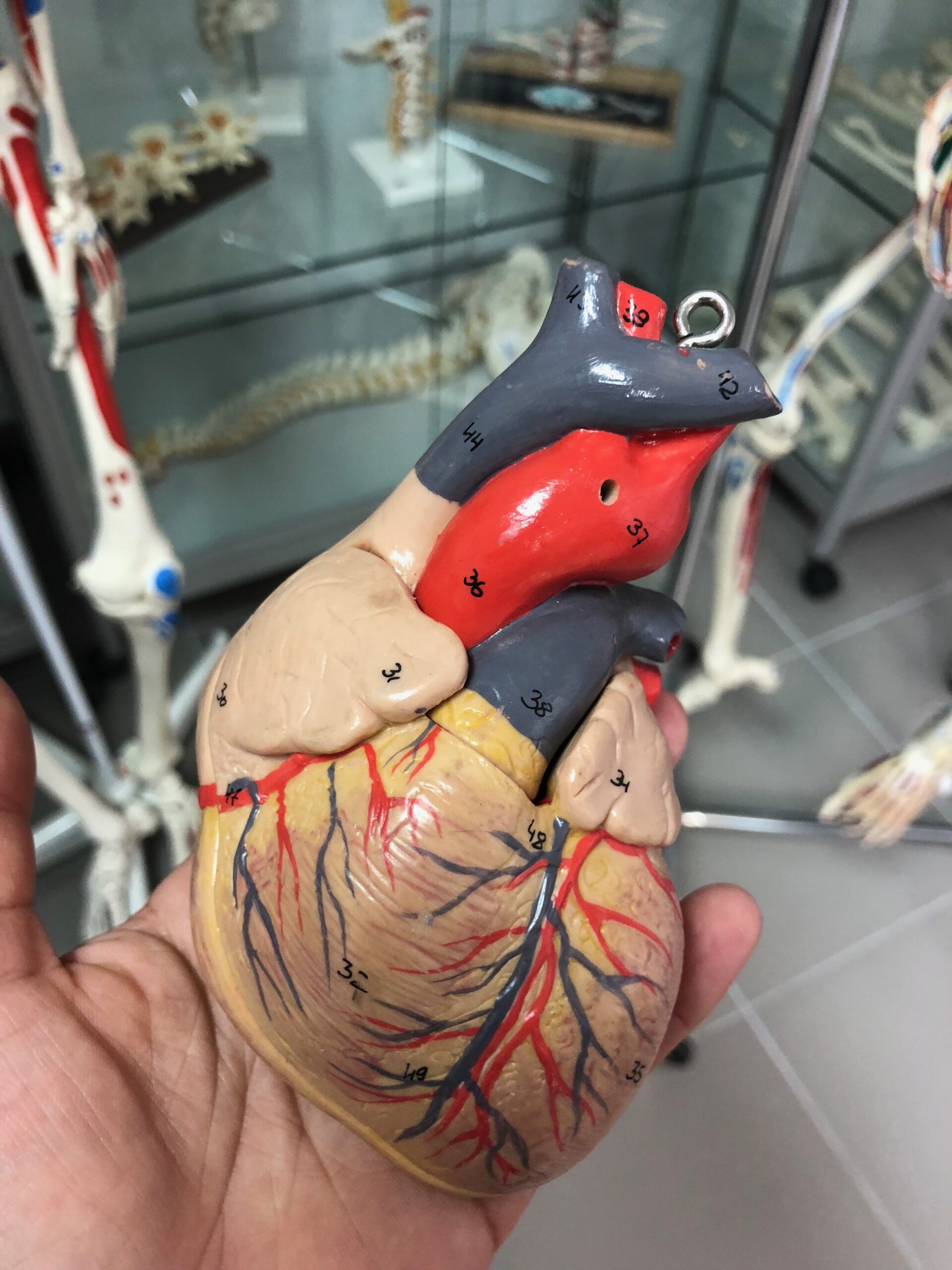
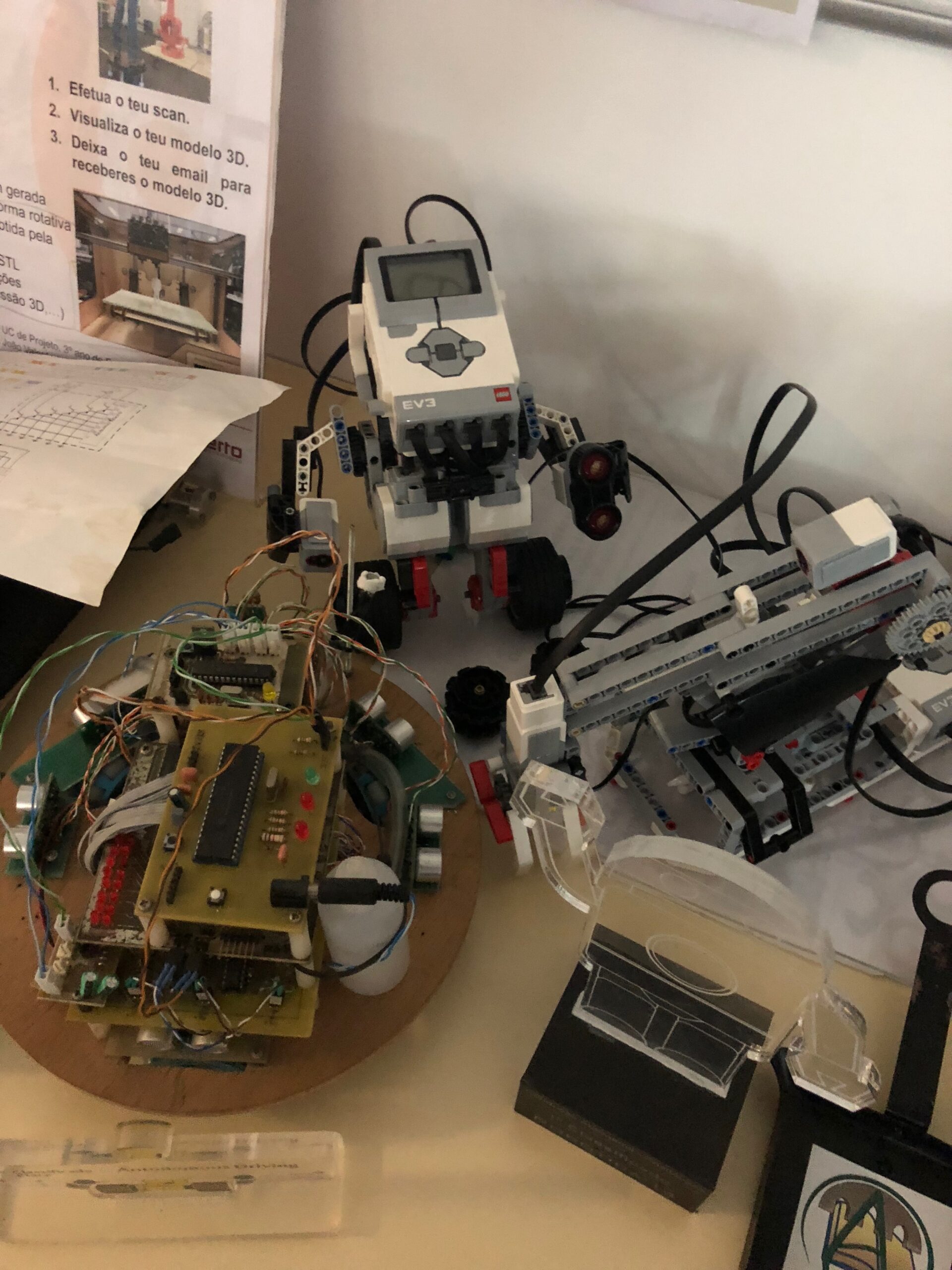
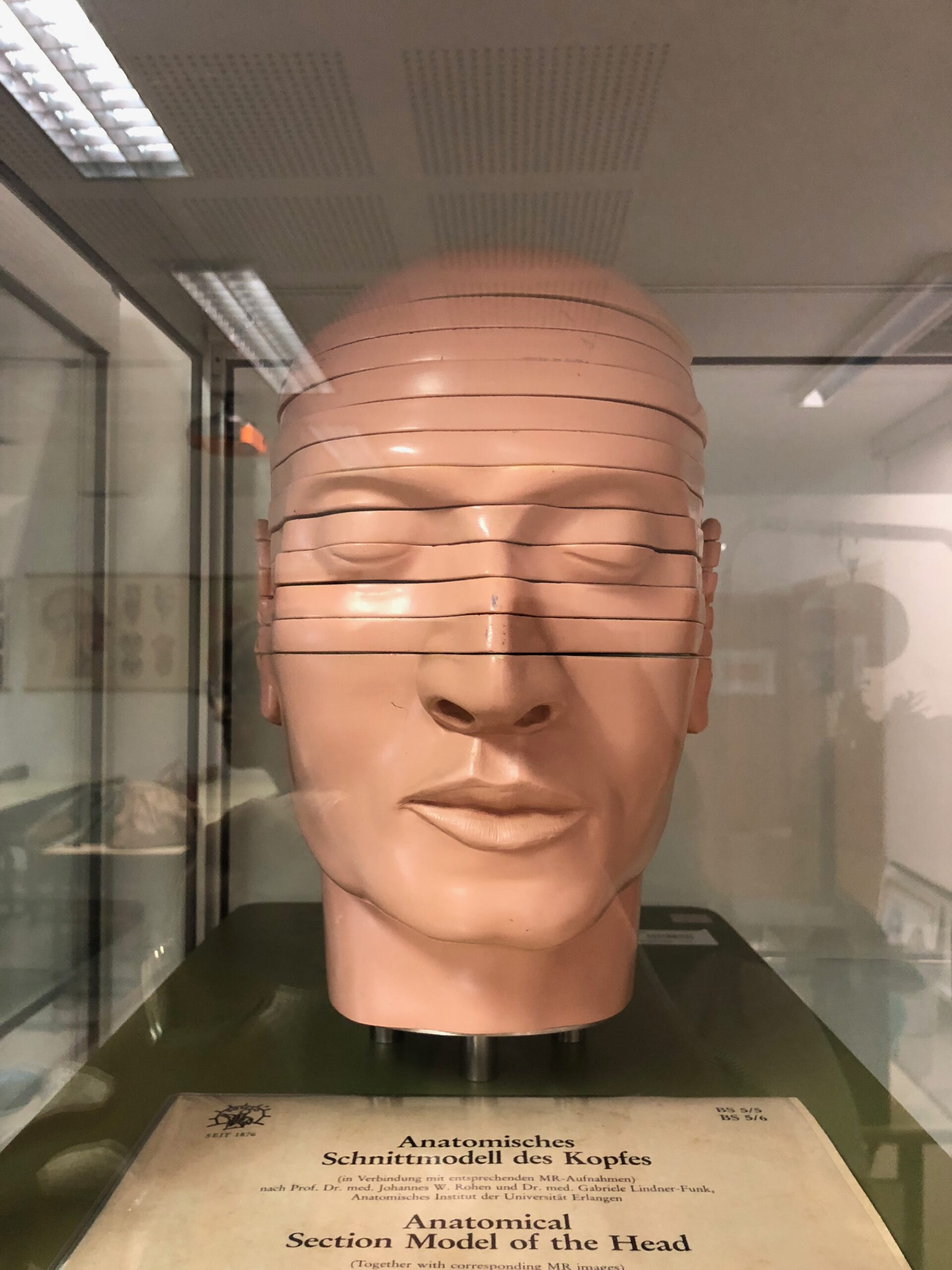
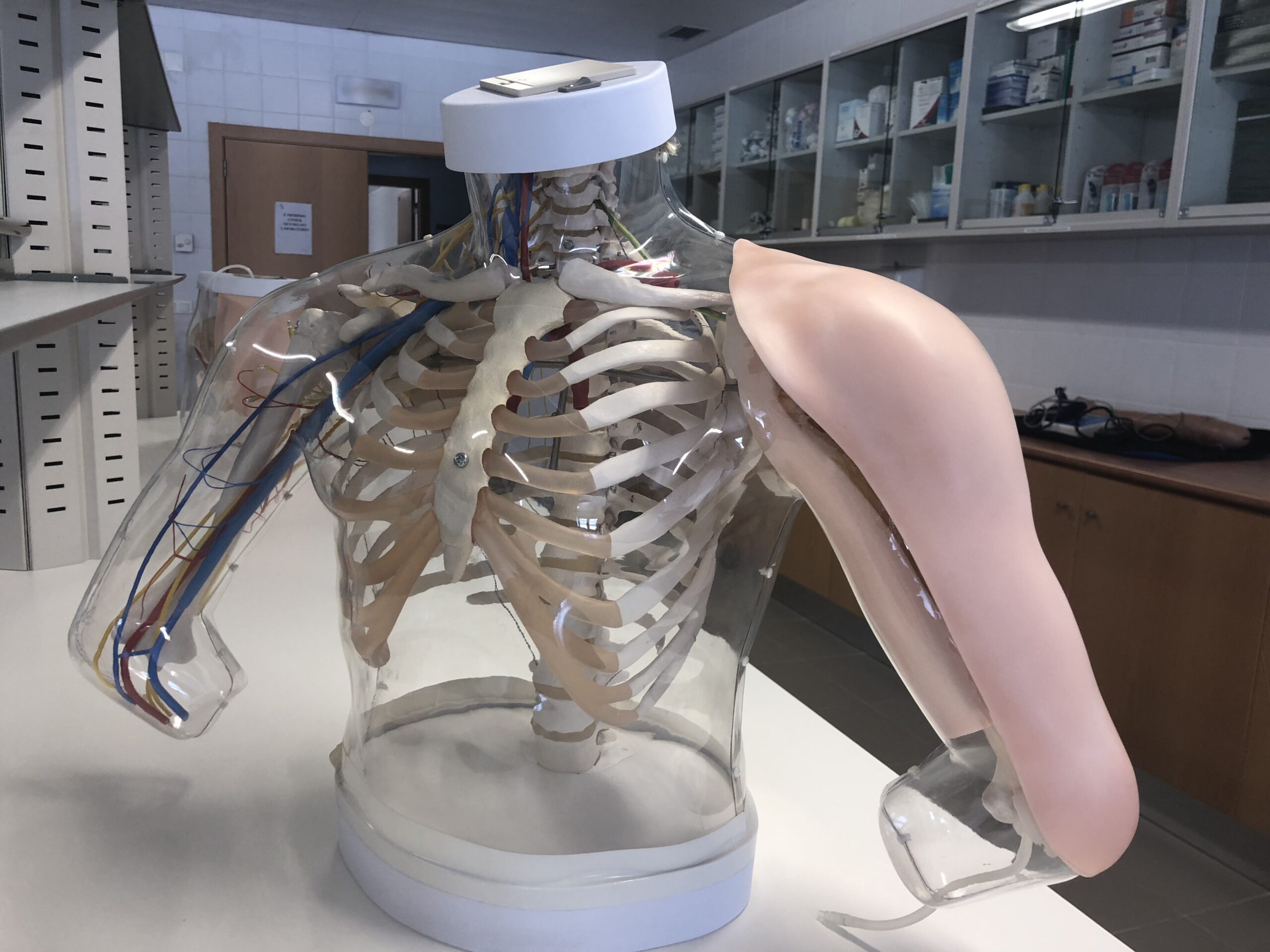
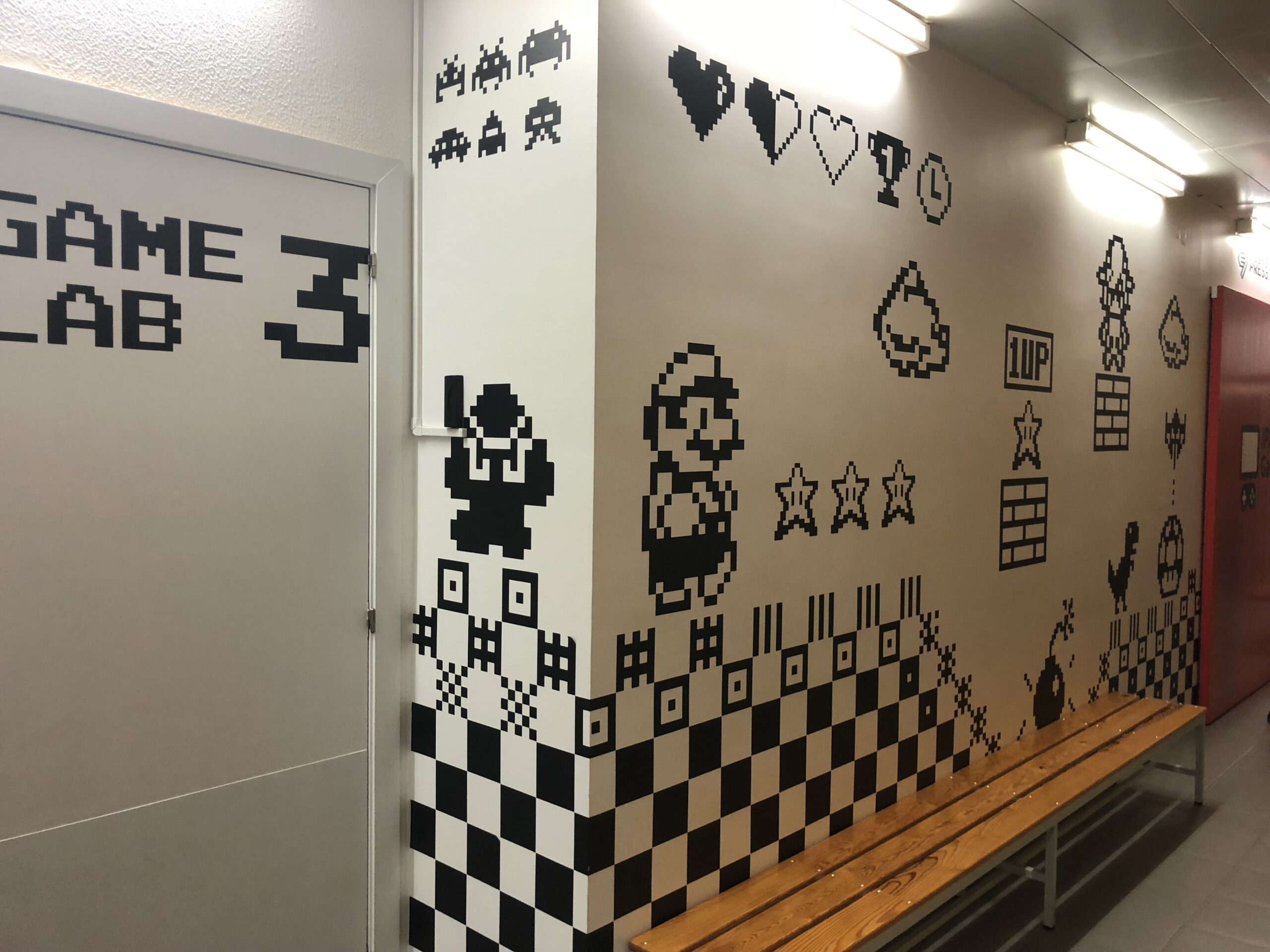
project
The project spanned 2 years. I benchmarked other similar master's degree programs worldwide to ensure that our program was state-of-the-art. The course was submitted in November 2018 and successfully approved in June 2019 by A3ES for a six-year period without conditions (A3ES, 2018).
structure
The course was designed to leverage the polytechnic by integrating curricular units and professors from various schools. As part of the submission process, I had the responsibility of validating the course syllabus, with a particular focus on the units offered by the School of Arts an d Design. By collaborating with experts from different disciplines, we were able to create a comprehensive and diverse learning experience for our students.
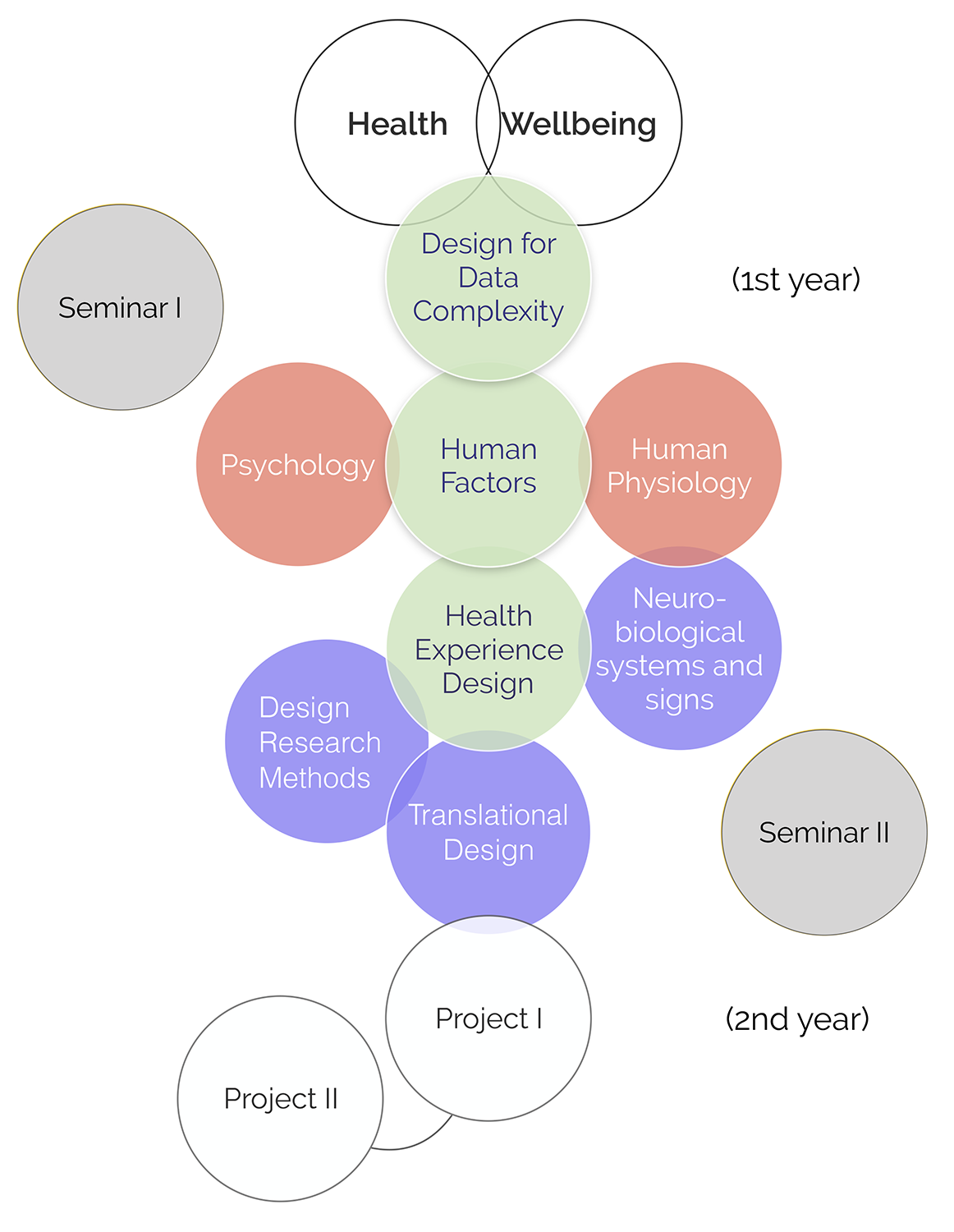
promotion

The symposium MW Man-Machine Wellbeing introduced and promoted the master course in design for health and wellbeing at ESAD.CR. It also fostered possibilities for other research lines. The MW debated sustainable futures that addressed Human-Machine Interfaces (e.g., autonomous driving), Human-Computer Interaction, Brain-Computer Interfaces, Human-Robot Interaction, Mixed Reality and Biomaterials.
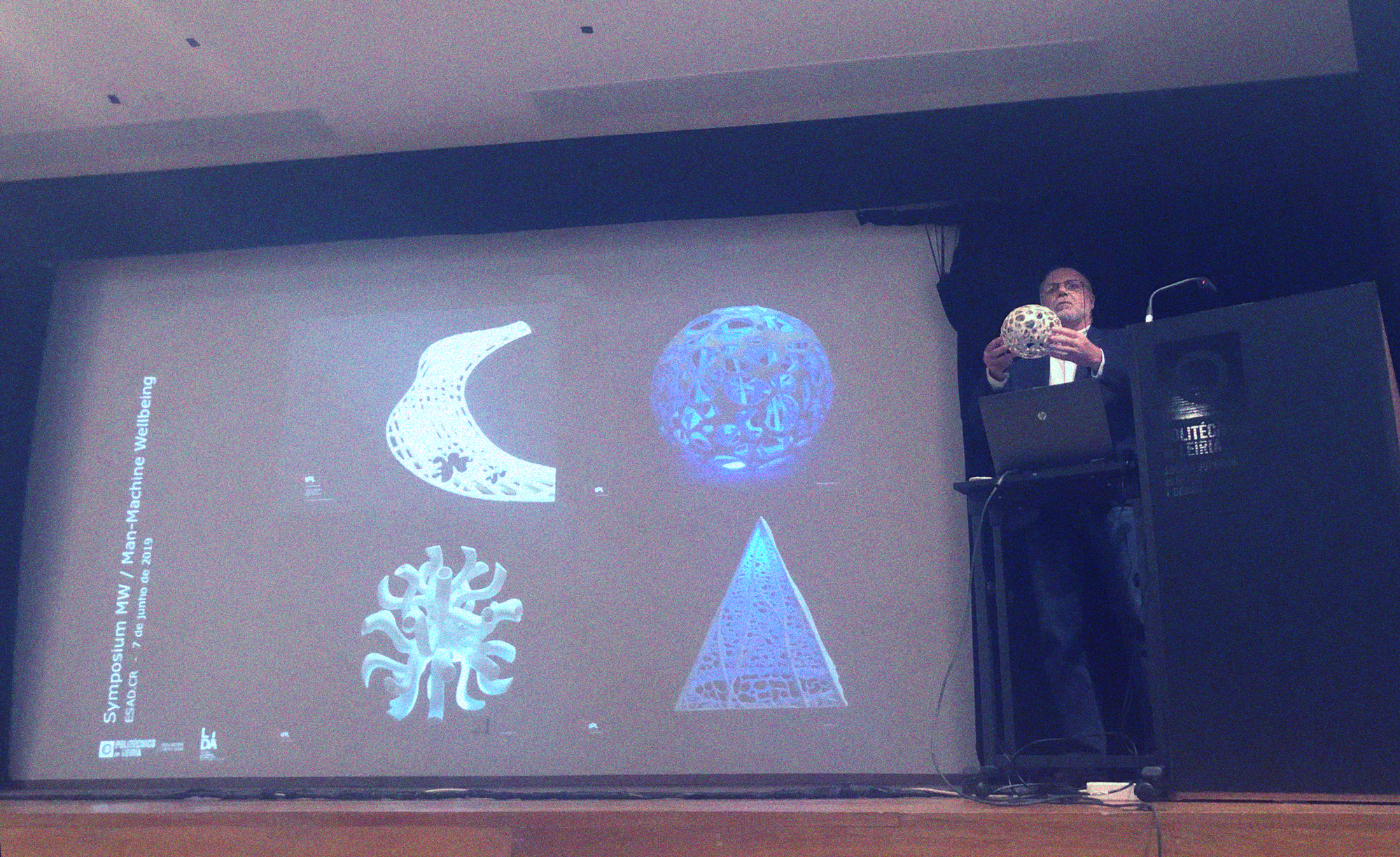
outcomes
The creation of this course opened a new research line at LIDA lab and contributed to leverage the lab's evaluation to Good. It also opened two funded research positions in the area. Preliminary results on the inaugural year of the program in 2020/2021 were published at the MW Symposium 2.1 H-A-N-A-H "HUMAN AND NATURE AND HEALING", presented bellow.
